There are plenty of reasons why your power bills are sometimes higher than usual. And being prepared for the inevitable spikes can help prevent your blood pressure from going the same way! There are some easily determined and obvious indicators that can be behind a hike in your monthly bill. Once you understand the most common reasons, it’ll help you anticipate the higher bills and budget for them.
Big power bill? Five common reasons for a spike in electricity

1. ‘Tis the season (for a bigger power bill)
Some people believe that winter has well and truly arrived when the first polar blast from the south hits with a vengeance! Generally, June to August are our coldest months, and thankfully, our winters are much milder than other countries on the same latitude. While the North Island is generally windier and wetter, parts of the South Island can hover around and below zero, with snow sometimes settling at or near sea level.
Wherever you are, the first response to an early season cold snap is usually to blow the dust off the heat pump remote, drag heaters out of the storage closet and bring other appliances out of retirement. The crock pot is again on standby, as is the electric blanket, and as we spend more time indoors keeping warm, making hot drinks and bingeing our favourite TV shows. And because the days are shorter, we’re keeping the lights on longer in our homes and businesses.
2. New appliances, new power costs
Our household appliance industry in New Zealand is expected to grow by almost 5% annually. This means that Kiwis are bringing more appliances, gadgets and devices into their homes every year – an average of four to five extra items per household.
As home appliance technology becomes more sophisticated, the latest and greatest of them are designed to be more energy efficient. Counting the costs of everything you’re plugging in at home should involve some research, because choosing the most efficient appliances will pay off big time through lower power costs.
That upgrade to a giant flat screen TV is a game changer when streaming your favourite movies or a riveting test match, but have you thought about how it’s going to affect your monthly bill? If you’ve got some new electric toys to make life easier and more bearable, another price to pay could be whether it’ll change your power costs. When you’re shopping for a new fridge, heated towel rail or dehumidifier, be mindful of how much power they use.
3. Insulation issues
Many of New Zealand’s homes built before the 2000s are kept at an internal temperature six degrees below the 18°C recommended by the World Health Organisation. Not only does this adversely impact your health, but it’s much more expensive to heat the air in a poorly insulated home.
Trying to efficiently heat a badly insulated home is like bailing water from a leaky boat – it just doesn’t work.
As heat escapes and cold air enters via unsealed doors and windows, homeowners crank up the heaters, and power costs soar.
To avoid spikes in winter electricity bills, check your floors, ceilings, doors and windows – especially if you’re living in an older home or a cold and drafty house. While there’s obviously a cost to bring things up to standard, it’ll make a difference in the long term by keeping you warmer and healthier – not to mention lowering your power bills.
4. Growing family or team
The number of people in your home or at your workplace has an impact on power consumption.
New Zealand households are growing in size for various reasons and lengths of time. A newborn baby may be a tiny human, but the sudden increase in hot water and heating will have a noticeable impact on your power usage. Having an elderly relative move in with you will add to heating, hot water and lighting use. If they have health issues you may also be using extra power for things like dehumidifiers or mobility scooter chargers.
In the workplace, adding new staff members will have consequences for your power overheads that need to be factored in and budgeted for. Business owners want happy, motivated staff, so they need to ensure that they have good lighting, a warm office and access to plug in all necessary technology. This will impact your power costs. If there’s an overnight expansion of the team, such as needing more staff at Christmas time, you should expect a spike in power consumption to follow.
5. Shower thoughts
One of the most obvious ways to save money on hot water is to keep showers short. But a long hot shower isn’t just about getting clean, it’s also a form of relaxation and sometimes even a time for inspiration! Plenty of people say they get their best ideas in the shower, but as they’re daydreaming, the power consumption surges are keeping the receipts.
Having a chat with your family or flatmates to agree limits on shower usage could reduce your power costs and help avoid disagreements over the bill!
Another option is changing the showerhead to one that saves water. An ordinary showerhead can be swapped out for a high (three or higher) WELS rated showerhead – that’s a win-win for using less hot water and lowering your bills.
For other ideas, check out our easy power saving tips.
Have you noticed your bill climbing?
Chat to us about your power bill and find out if there’s a way to save. You can also review the different plans we offer.
More power related articles
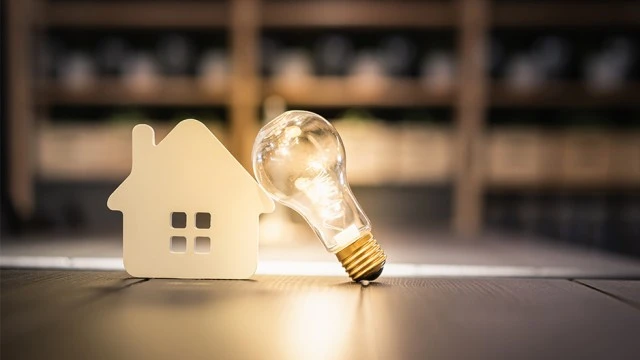
Making sure you're on the best power plan for your needs
As you hop out of the shower and grab a towel off the heated rail tomorrow morning, take a moment to consider whether...

Power resilience in Kiwi businesses - tips for navigating outages
If you have an action plan for planned outages, you can also use it for unexpected power outages! Being prepared starts...
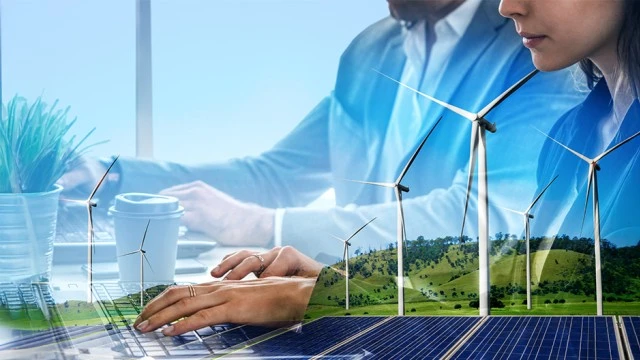
The types of power companies - retailer vs. lines vs. generation
Let’s unpack the electricity industry, look at the key players, and understand the various power supply sectors. Like...
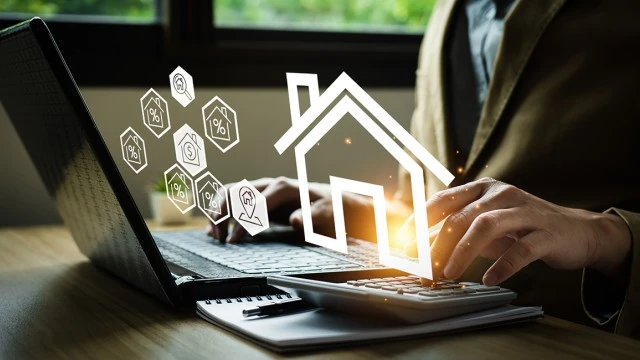
The best heater for your home
Find out how to improve the energy efficiency of your fridge, freezer, oven, heat pump and hot water cylinder.

Practical power saving tips to help you save
Here’s a few practical tips and tools to help you save power around the house.

Tips on shopping for new appliances that use less power to help you save
How you use appliances, and how you maintain their condition, are key factors in controlling your energy use.

Save power by improving the energy efficiency of your appliances
Find out how to improve the energy efficiency of your fridge, freezer, oven, heat pump and hot water cylinder.
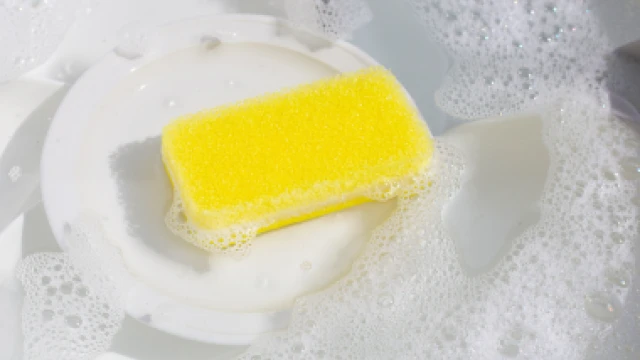
Save money on hot water
There are heaps of ways to be a bit more considered about how you use hot water and make some sweet savings in the...


Five hot tips for keeping cool in summer
Check out our list of handy tips to keep you (and your bills) cool over summer.
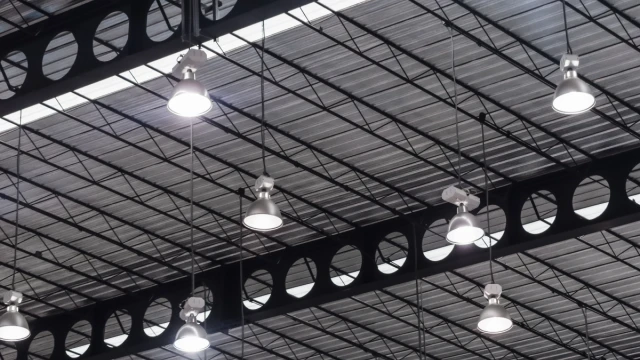
Energy efficiency for businesses
Spend less, and tread lighter on the environment. Here’s a bunch of practical tips and tools to make it happen.
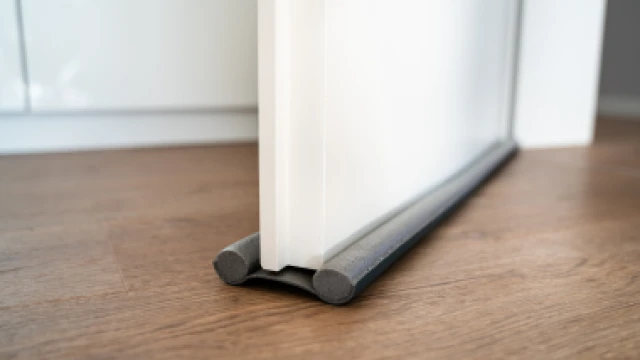
How to draught proof your home
Here are some ways to draught proof your home (regardless of whether you own your own property or if you are a tenant).

Easy ideas to design your lighting to save power
A fast way to achieve power savings is to switch to LED lights.
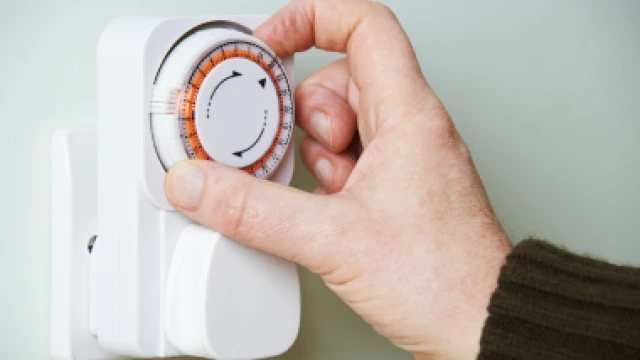
Timers and sensors
Low cost and relatively easy to install, timers and sensors control lighting and electricity when rooms and appliances...
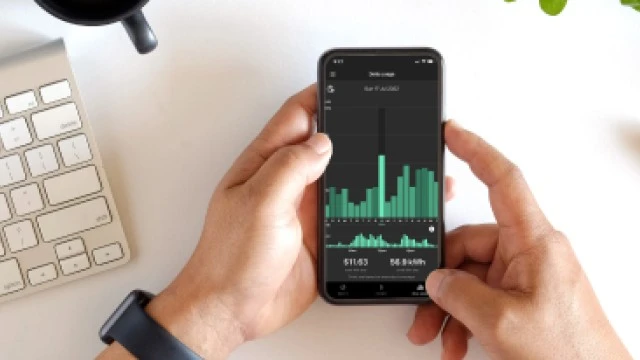
Meridian App
Let us help you, help yourself. Check out how you can view your usage, your bills and manage your account information.